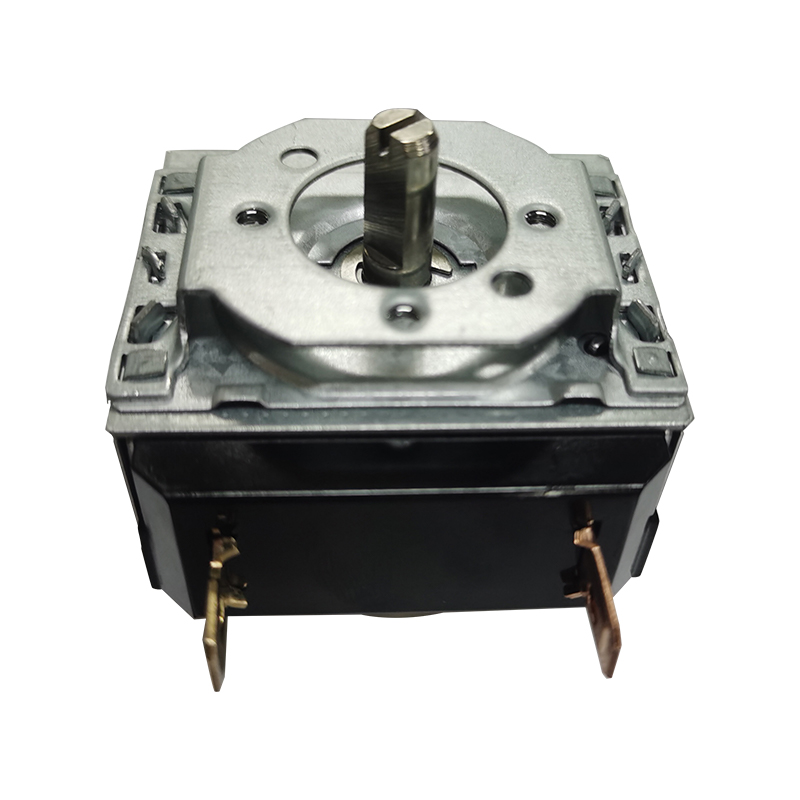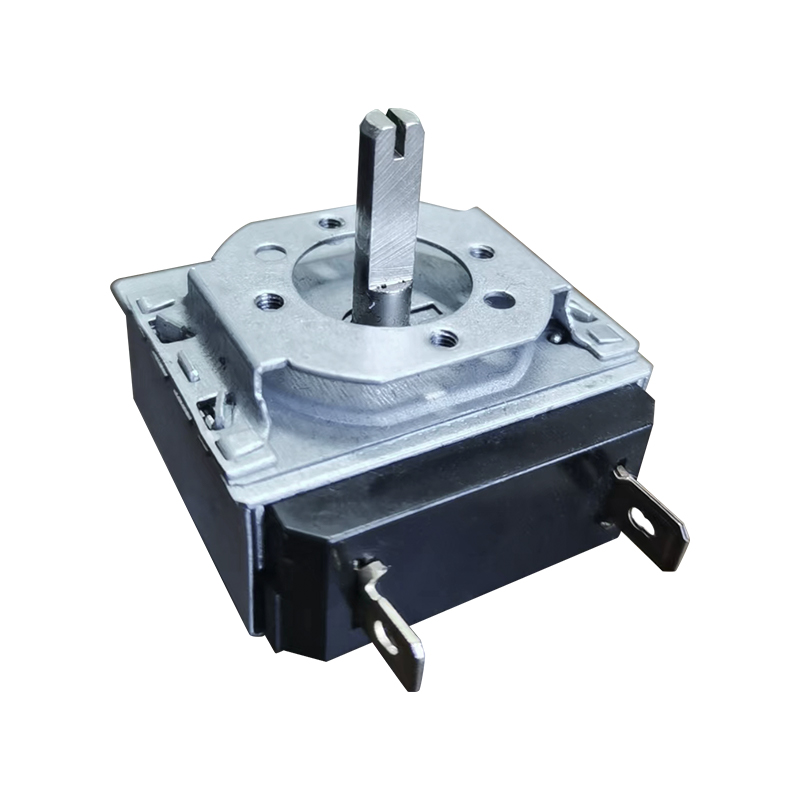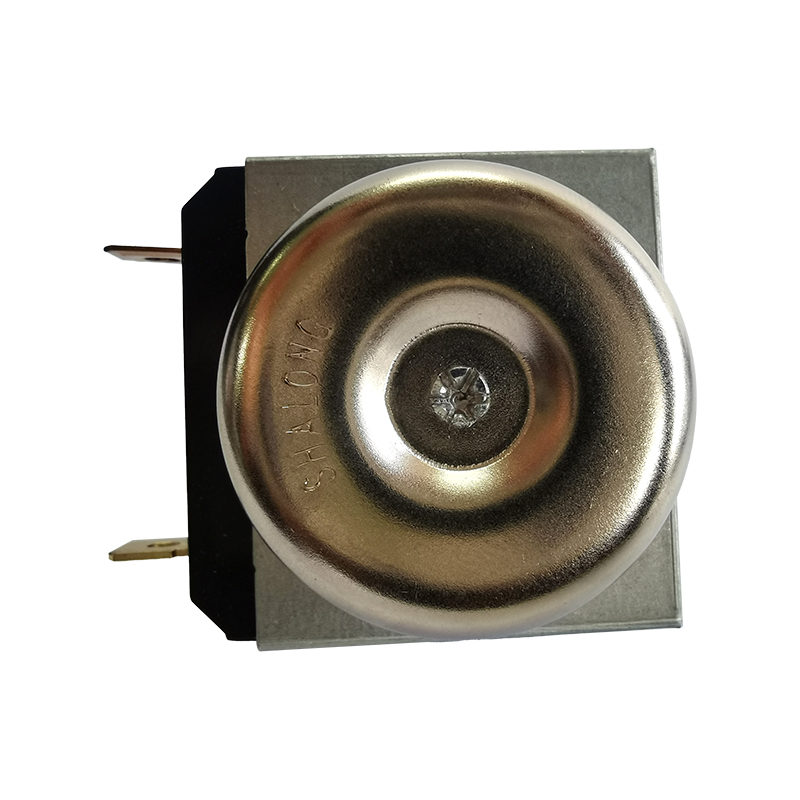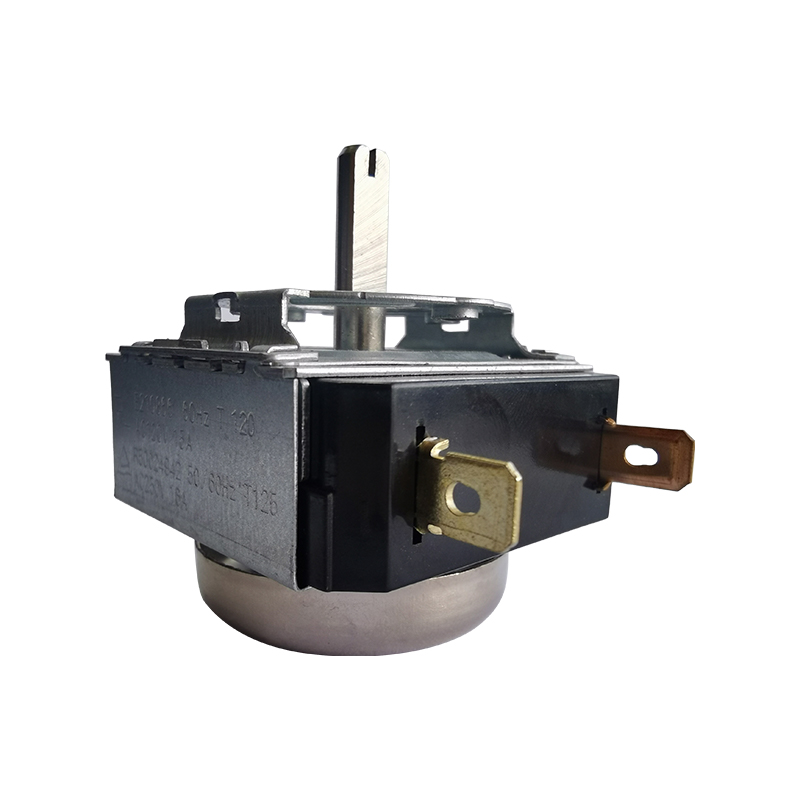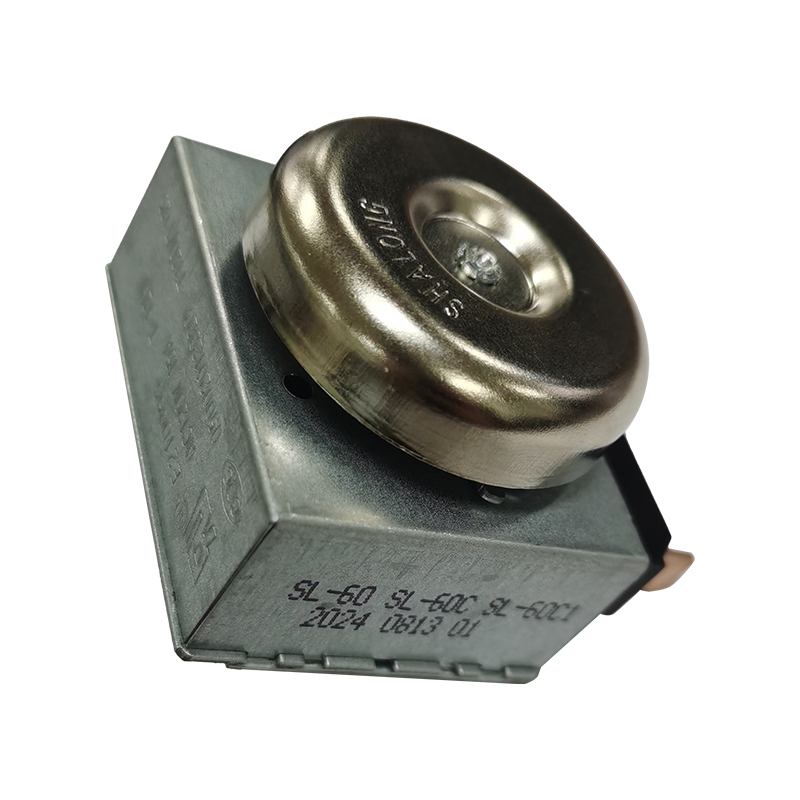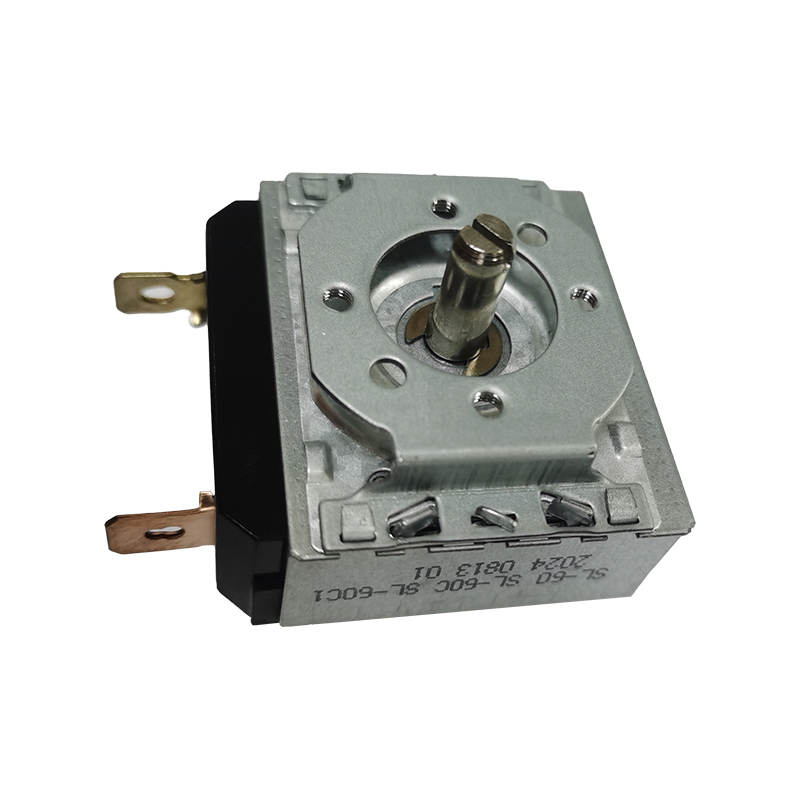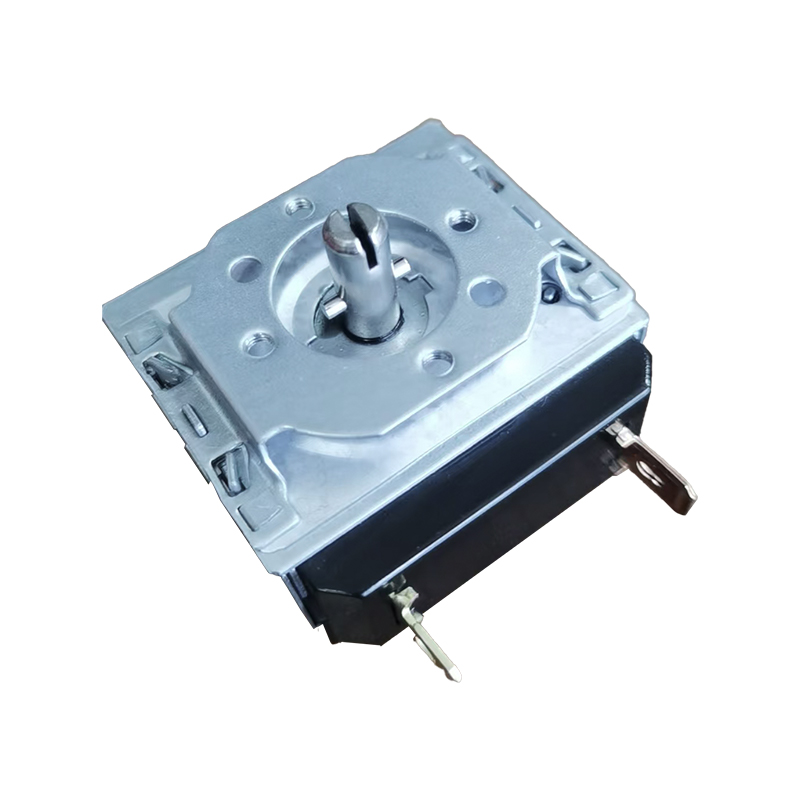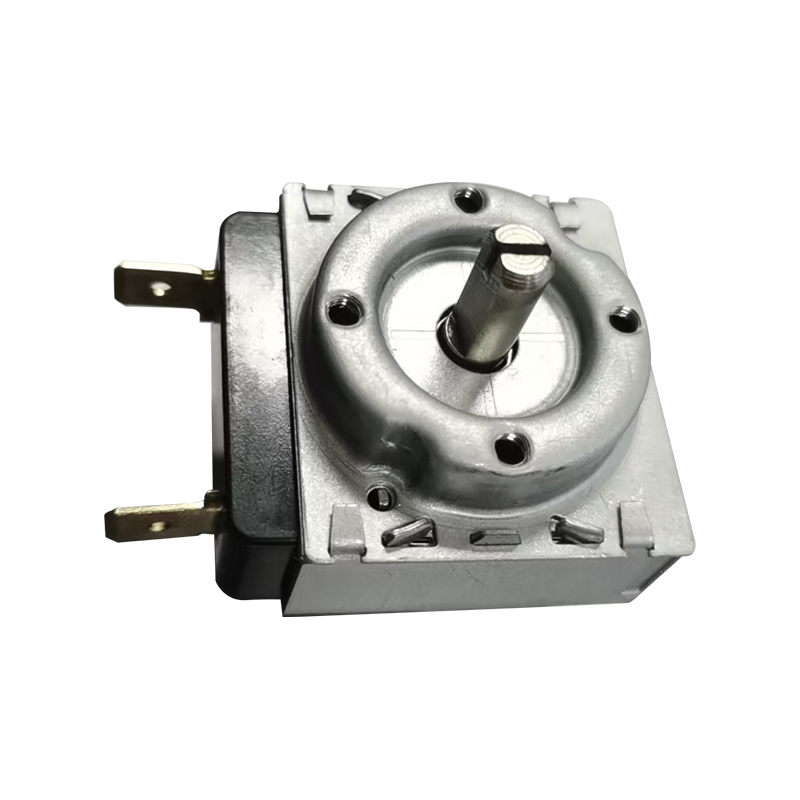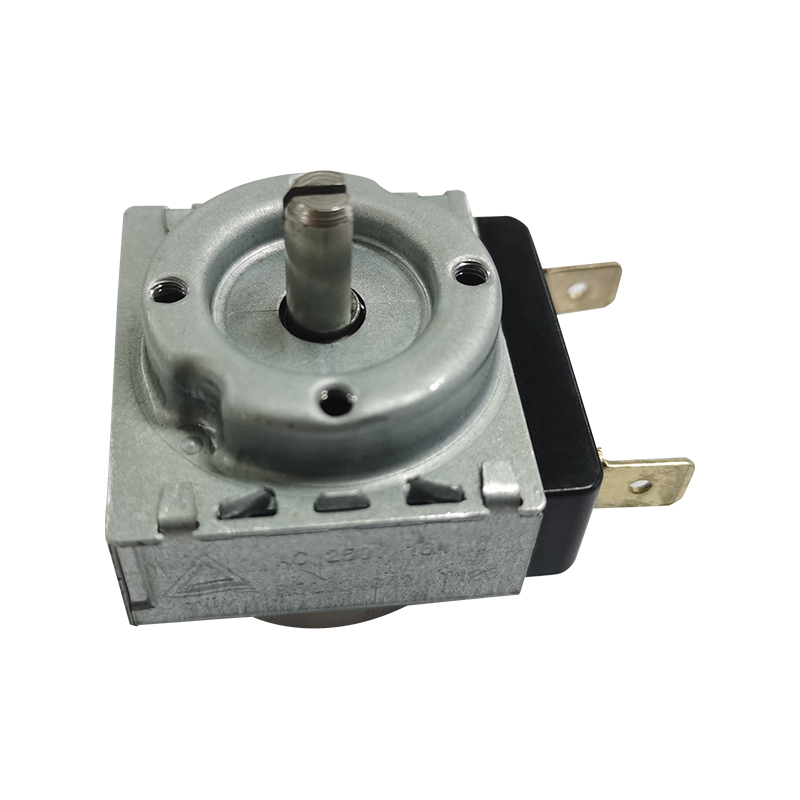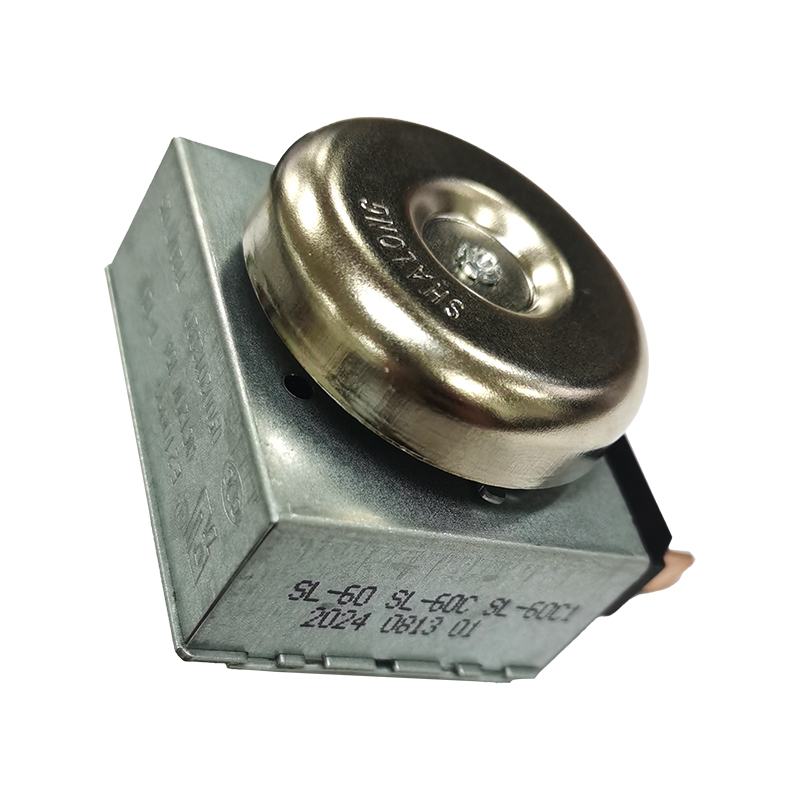As an essential appliance in modern kitchens, the oven's timer function is crucial to cooking results and safety. Ovens on the market are primarily equipped with either mechanical or electronic timers, each with its own advantages.
Mechanical timers were a common feature in early ovens. Their core operating principle relies on a physical spring and gear system. When the user turns the knob to set the time, the spring slowly retracts, driving the internal mechanism through the gears until the time reaches zero and a "ding" sound is emitted.
The advantages of mechanical timers lie in their simple structure, high durability, and intuitive operation. For users who prefer traditional operation, a simple turn of the knob makes setting the time easy. Furthermore, because they don't rely on complex electronic components, mechanical timers are stable and less susceptible to damage in humid or high-temperature environments. However, their disadvantages are also significant: time setting accuracy is relatively low, typically limited to 5-10 minute increments, and precision to the second is not possible.

Mechanical Timer Principles and Features
Unlike mechanical timers, electronic timers use integrated circuits and microprocessors to control time. The user sets the timer via buttons or the touchscreen, and an LED or LCD screen displays a countdown. When the timer expires, the timer beeps and automatically shuts off the heat.
The advantages of electronic timers lie in their high precision and versatility. They can be set to the second, meeting time-sensitive baking recipes. Furthermore, many electronic timers integrate additional features such as timers, multiple cooking modes, and temperature displays, greatly enhancing the user experience. However, the disadvantages of electronic timers are that their complexity leads to higher manufacturing costs, and their electronic components may not be as stable as mechanical timers in certain extreme environments. If a malfunction occurs, repair costs are also relatively high.
How to Choose?
When choosing an oven, the choice between a mechanical and electronic timer depends on your personal needs:
If you have a limited budget, prefer a simple, durable operation, and don't require high time accuracy (such as for baking sweet potatoes or chicken wings), an oven with a mechanical timer may be a more suitable option.
If you demand extreme baking precision, need to execute complex baking recipes, and desire more intelligent auxiliary functions, an oven with a digital timer may be a better choice.
Whether mechanical or electronic, both timers provide important timing functions for your oven. Choosing the right timer type can make your cooking process smoother and your food more enjoyable.



 English
English 中文简体
中文简体
